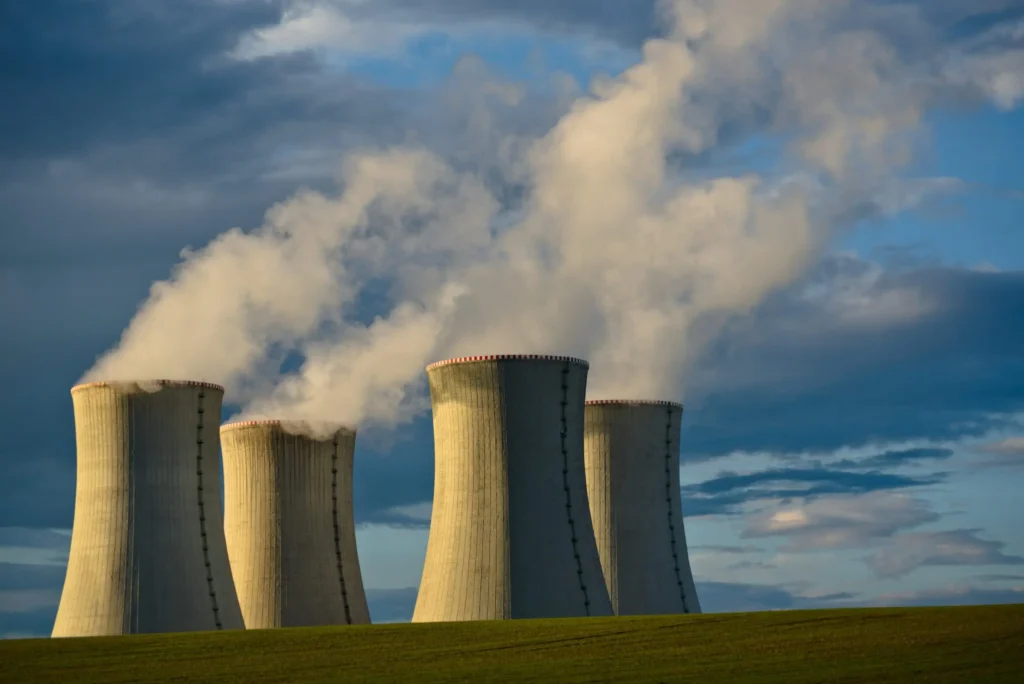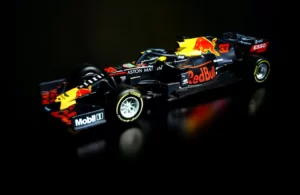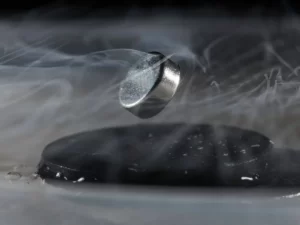The Energy Divide in Europe
Europe is facing an energy divide. Some countries are phasing out nuclear power in favor of renewable energy sources, while others are doubling down on nuclear energy. This divide is perhaps best illustrated by two nuclear power plants: Germany’s Grafenrheinfeld and France’s Flamanville.
Grafenrheinfeld was a nuclear power plant located in Germany that was shut down in 2015 as part of the country’s push to transition away from nuclear energy. The plant had been in operation for over 30 years and had a capacity of 1.3 gigawatts.
In contrast, Flamanville is a nuclear power plant that is currently under construction in France. The plant is set to have a capacity of 1.6 gigawatts and is expected to come online in 2023, after a series of delays.
The Pros of Nuclear Energy
Proponents of nuclear energy argue that it is a reliable and low-carbon source of energy. Nuclear power plants produce no greenhouse gas emissions during operation, and they are capable of generating electricity 24/7, unlike some renewable energy sources such as solar and wind.
Additionally, nuclear energy is a proven technology that has been used for decades. This means that we have a good understanding of how nuclear power plants operate and how to safely manage nuclear waste.
The Cons of Nuclear Energy
Despite these advantages, there are also significant drawbacks to nuclear energy. One of the biggest concerns is the risk of accidents and meltdowns. While nuclear power plants are designed to be safe, accidents can and do happen, as illustrated by disasters such as Chernobyl and Fukushima.
Furthermore, nuclear energy produces radioactive waste that remains dangerous for thousands of years. Managing this waste is a significant challenge, and there is currently no long-term solution for storing nuclear waste.
Finally, nuclear energy is also extremely expensive. Building and maintaining a nuclear power plant requires a significant investment of time and money. As a result, nuclear energy may not be economically viable in some regions.
The Future of Nuclear Energy in Europe
The future of nuclear energy in Europe is uncertain. While some countries are phasing out nuclear power, others are doubling down on it. France, for example, has long been a proponent of nuclear energy and currently gets around 70% of its electricity from nuclear power plants.
However, the construction of new nuclear power plants has become increasingly challenging in Europe. In addition to concerns about safety and waste management, nuclear energy is also facing increased competition from renewable energy sources such as solar and wind.
Furthermore, nuclear energy is also facing increased public scrutiny. The high-profile accidents at Chernobyl and Fukushima have made people wary of nuclear energy, and public opinion on the issue is often divided.
In conclusion, the tale of two nuclear plants in Europe illustrates the continent’s energy divide. While nuclear energy has its advantages, there are also significant risks and concerns that need to be taken into account. As Europe looks to the future of energy, it is important that we carefully consider the pros and cons of nuclear energy and other energy sources to ensure that we are making the best decisions for our future.





More Stories